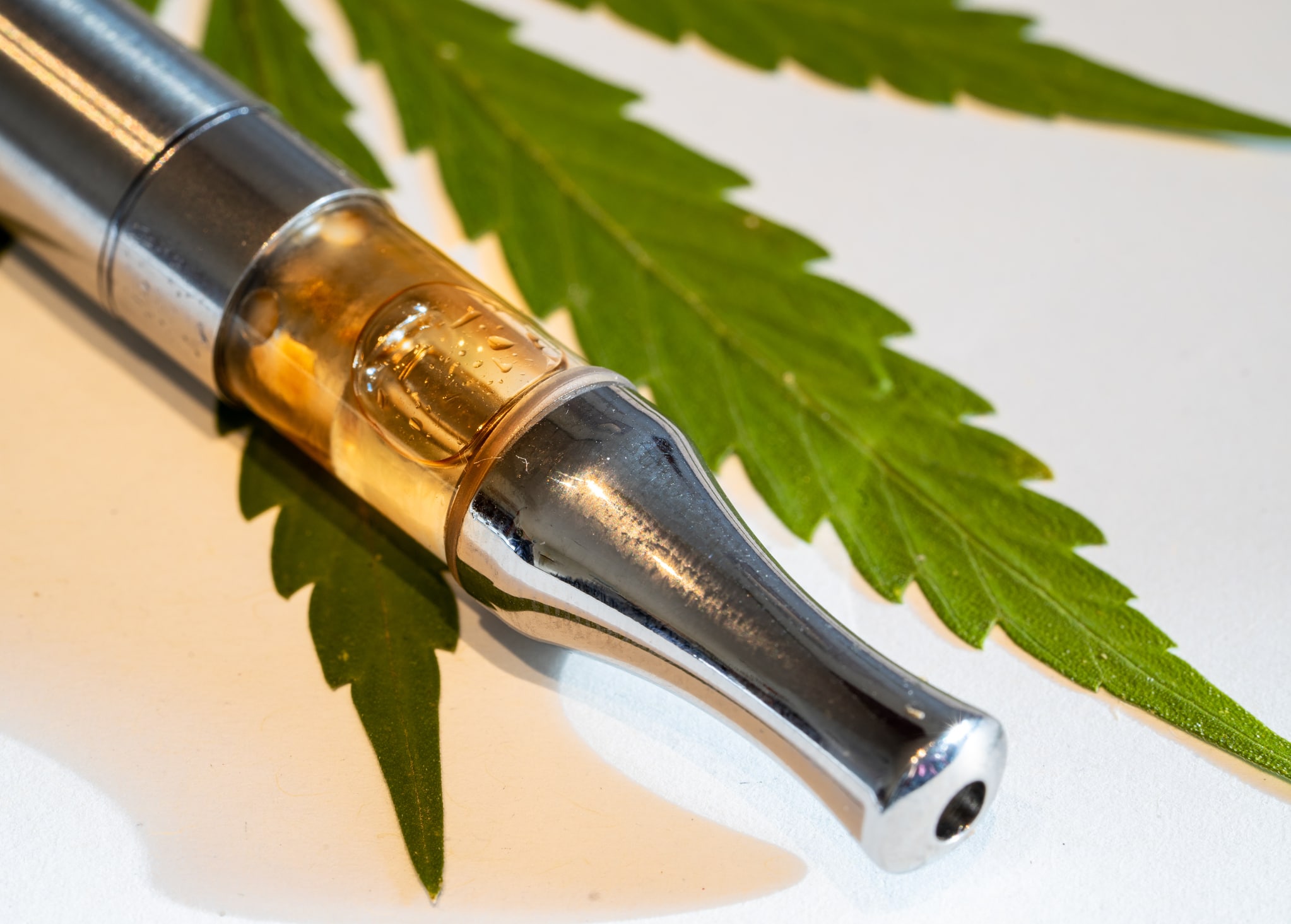The buzz about microdosing has grown in recent years, causing many to question if this trend is a fad or a novel strategy for mental health. Both proponents and critics of microdosing—the technique of ingesting sub-perceptual dosages of psychedelic drugs—have paid close attention. Many are keen to learn more about microdosing and its possible effects on our well-being as interest in alternative mental health therapies rises. We’ll explore in this post what it is, its supposed advantages, and if it could be more than simply a fad.
Microdosing is what?
Usually around one-tenth of a recreational dosage, it is the practice of ingesting extremely tiny quantities of psychedelic drugs. Unlike full dosages, these minute levels are not designed to cause any appreciable change in perspective. Rather, consumers look for minute improvements in mood, attention, and imagination. Common microdosing drugs include LSD and psilocybin, the main element in magic mushrooms.
Microdosing is based on the theory that very small doses might have therapeutic effects without the strong sensations often connected with psychedelics. Many who microdose claim better mental clarity, less anxiety, and more general well-being. Still, in its early phases, scientific study on the subject is noteworthy.

Safety Issues and Suscepticism
Microdosing is not without controversy even if its increasing popularity is evident. Much of the data supporting it, according to critics, is anecdotal rather than based on thorough scientific investigation. Using psychedelics, even in modest dosages, raises long-term questions regarding their effects as well as the possibility of abuse.
Furthermore complicating the matter is the legal situation of some psychedelics. Many areas still classify medications used for microdosing as restricted drugs, hence their usage carries danger and maybe legal consequences. Those who learn more about microdosing have to be careful and understand the legal consequences.
Ultimately, the microdosing movement presents interesting opportunities for mental health therapy; yet, it is still too early to say if it will go away or become a standard treatment. Further study and investigation are required to offer an educated opinion on the future of mental health regarding microdosing and its possible influence on mental well-being.


